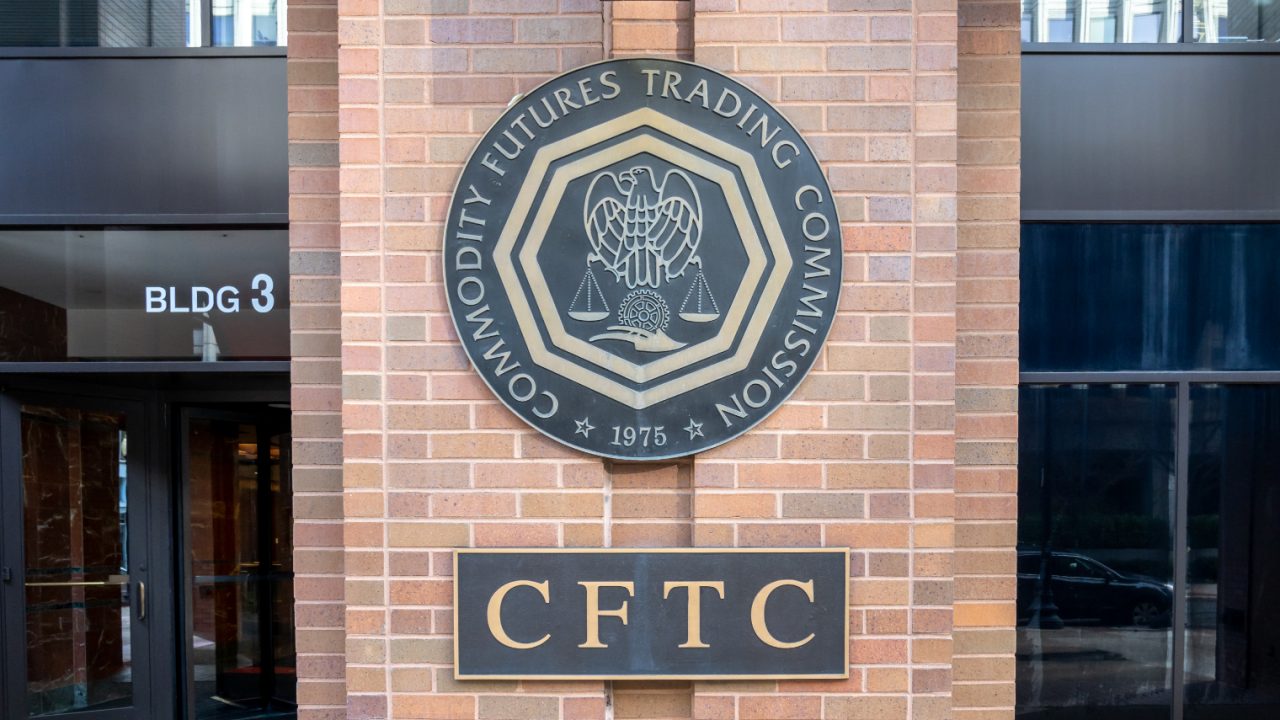CFTC Awards Over $1 Million for Crypto Trading Whistleblower Tip
11.08.2024 11:00 1 min. read Alexander Stefanov
CFTC recently awarded over $1 million to a whistleblower who reported "improper trading" activities in the crypto market. The tip led to an enforcement action by the CFTC.
Ian McGinley, the CFTC’s director of enforcement, revealed that most whistleblower tips last fiscal year were related to digital assets. He emphasized that addressing illegal activities in the digital asset sector is a top priority for the CFTC, noting that such cases made up nearly half of the agency’s workload in the past year.
The CFTC’s Whistleblower Program rewards individuals who provide information about violations of the Commodity Exchange Act (CEA) that result in successful enforcement actions with fines over $1 million.
Whistleblowers receive between 10% and 30% of the penalties collected. Since its inception in 2014, the program has issued about $380 million to whistleblowers and has led to $3.2 billion in sanctions.
This year, the CFTC has taken several enforcement actions against crypto firms. In January, it filed a case against the exchange Debiex for alleged fund misappropriation.
In March, the CFTC and the Department of Justice indicted KuCoin and its founders for operating an unlicensed money transmission business and failing to adhere to anti-money laundering requirements. In May, the CFTC fined Falcon Labs nearly $2 million for operating without proper registration.
-
1
USA Imposes Tariffs on Multiple Countries: How the Crypto Market Could React
08.07.2025 8:30 2 min. read -
2
UAE Regulators Dismiss Toncoin Residency Rumors
07.07.2025 11:12 2 min. read -
3
Ripple Selects BNY Mellon as Custodian for RLUSD Stablecoin Reserves
09.07.2025 15:28 2 min. read -
4
Majority of U.S. Crypto Investors Back Trump’s Crypto Policy, Survey Finds
05.07.2025 18:09 2 min. read -
5
Peter Schiff Warns of Dollar Collapse, Questions Bitcoin Scarcity Model
12.07.2025 20:00 1 min. read
Why Most Americans Still Avoid Crypto Despite Growing Adoption
Cryptocurrency ownership in the U.S. has grown steadily over the past few years, but it remains far from widespread.
Two Upcoming Decisions Could Shake Crypto Markets This Week
The final days of July could bring critical developments that reshape investor sentiment and influence the next leg of the crypto market’s trend.
Winklevoss Slams JPMorgan for Blocking Gemini’s Banking Access
Tyler Winklevoss, co-founder of crypto exchange Gemini, has accused JPMorgan of retaliating against the platform by freezing its effort to restore banking services.
Robert Kiyosaki Warns: ETFs Aren’t The Real Thing
Renowned author and financial educator Robert Kiyosaki has issued a word of caution to everyday investors relying too heavily on exchange-traded funds (ETFs).
-
1
USA Imposes Tariffs on Multiple Countries: How the Crypto Market Could React
08.07.2025 8:30 2 min. read -
2
UAE Regulators Dismiss Toncoin Residency Rumors
07.07.2025 11:12 2 min. read -
3
Ripple Selects BNY Mellon as Custodian for RLUSD Stablecoin Reserves
09.07.2025 15:28 2 min. read -
4
Majority of U.S. Crypto Investors Back Trump’s Crypto Policy, Survey Finds
05.07.2025 18:09 2 min. read -
5
Peter Schiff Warns of Dollar Collapse, Questions Bitcoin Scarcity Model
12.07.2025 20:00 1 min. read


